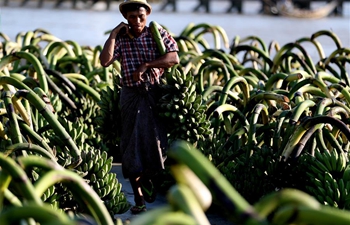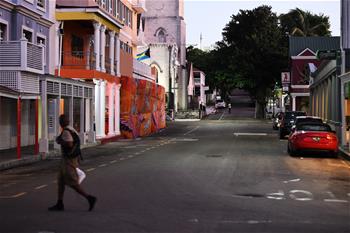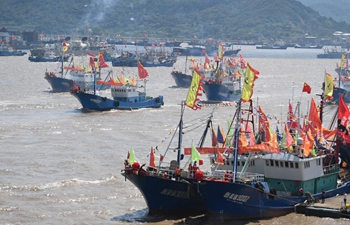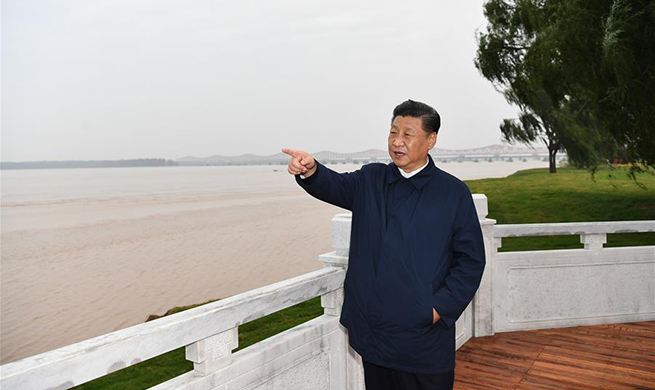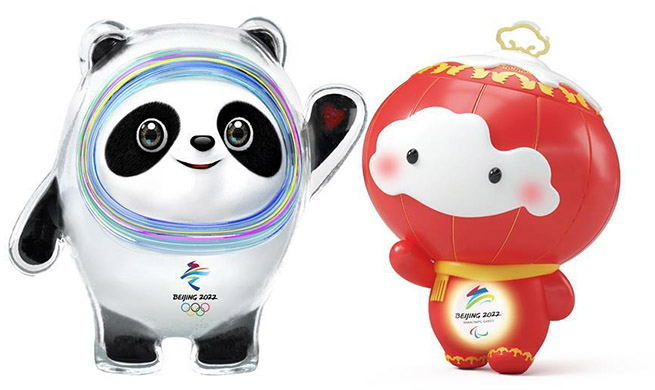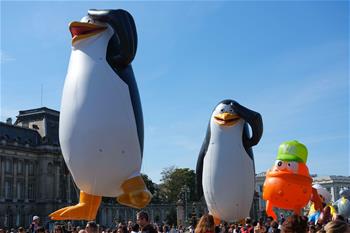SYDNEY, Sept. 18 (Xinhua) -- Highly resilient "super corals" from Australia's northern Kimberley region could be used to reinvigorate more temperate reefs which are struggling to adapt to climate change, according to research released on Wednesday by the University of Western Australia (UWA).
The study showed that a naturally stress-resistant species of coral known as Acropora asperacorals is able to adapt to the much cooler waters of Australia's temperate coastlines, giving hope to ecosystems such as the iconic Great Barrier Reef which have succumbed in many parts to coral bleaching.
Lead author of the study, Dr. Verena Schoepf, Adjunct Research Fellow at UWA Oceans Institute, said that the experiments were conducted using aquariums and taking pieces of coral from Australia's far northern reefs and subjecting them to conditions resembling that of a temperate reef.
"Although initially displaying signs of cold stress, the corals were able to remain healthy and acclimatised rapidly to the cooler temperatures within a four month period," Schoepf said.
"This means that we can potentially use stress-resistant Kimberley corals to restore reefs further south in WA if they become impacted by bleaching."
Critically, the corals also maintained their heat resistance which means that in periods of prolonged higher temperatures, they would remain more resistant to coral bleaching.
However, while the Kimberley corals are among the toughest corals in the world, further studies which introduced the increased water temperatures predicted over the next couple of decades, showed that even "super corals" have their limits.
"When temperatures exceeded their normal summer temperatures, they experienced a sort of 'heat stroke' which resulted in a 17 to 46 percent colour loss from bleaching, and compromised their health," Schoepf said.
"The inability of even some of the toughest corals in the world to cope with extreme rising temperatures is concerning."
Although she added that, "in the context of human-assisted translocation, the positive outcome is that corals transplanted into cooler reefs have a greater capacity to cope with heat stress."
